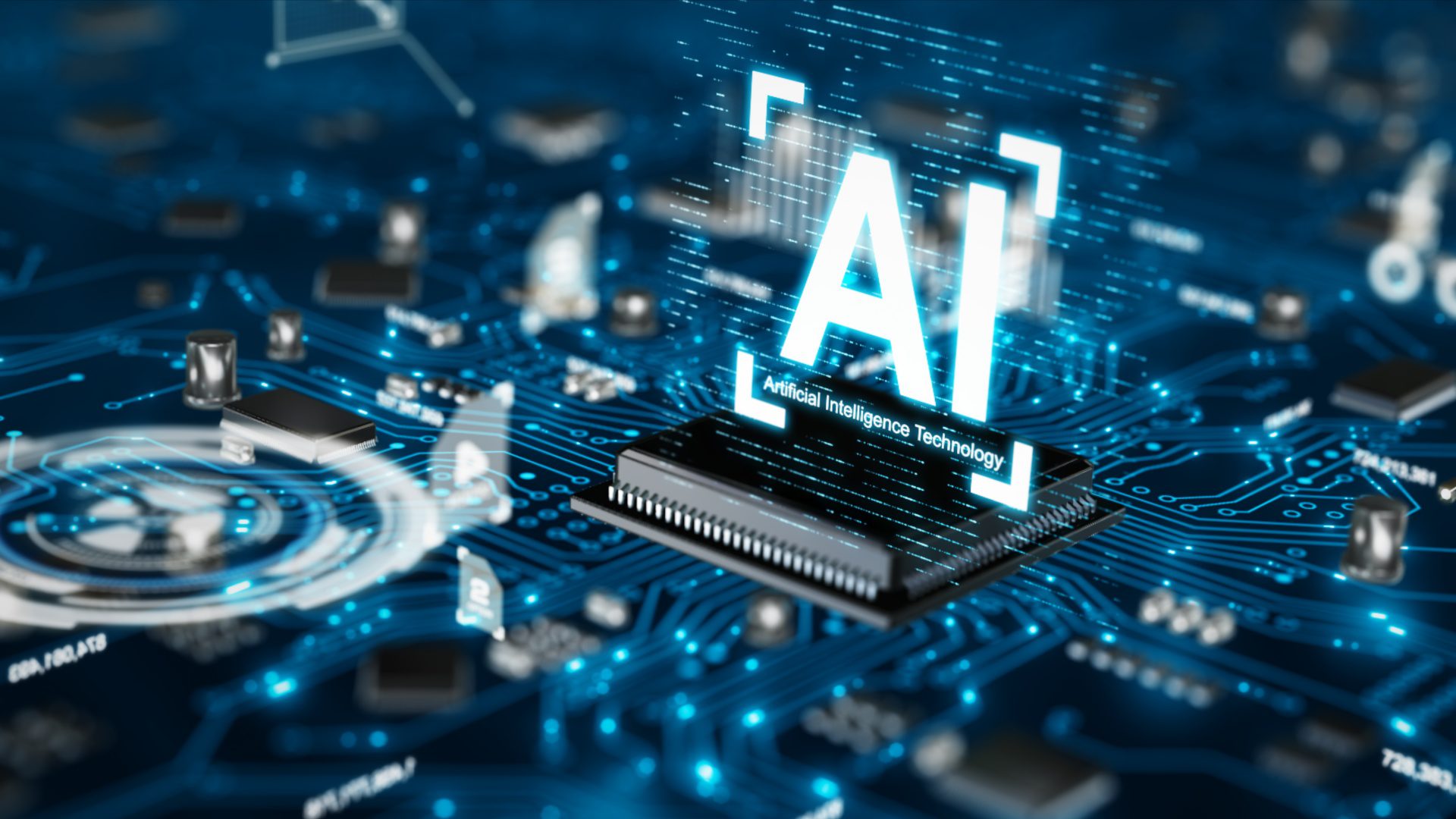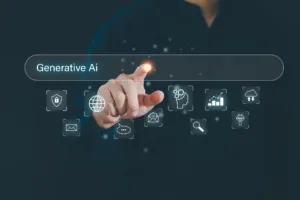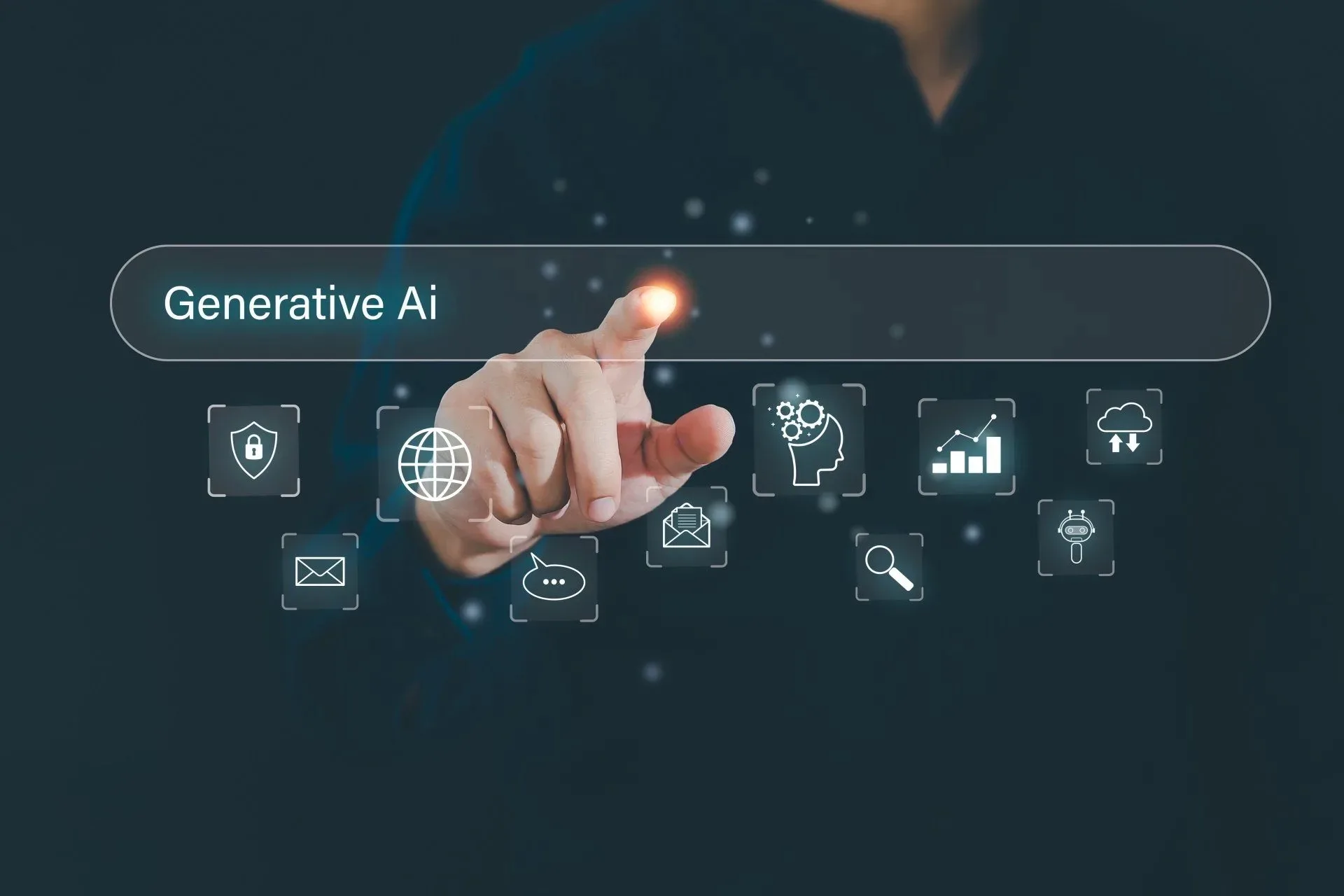AI in digital transformation: it’s not about automation
Artificial Intelligence (AI) refers to the development of computer systems able to perform tasks that typically require human intelligence skills. It is possible thanks to techniques, methodologies and algorithms enabling intelligent machines to learn human-like skills, regarding factors like natural language processing, problem solving, pattern recognition, decision making, data analysis, machine learning and even autonomous output generation. AI can be categorized into two different models:
- Weak Artificial Intelligence (Weak AI), designed and developed to perform specific tasks or set of tasks and respond to specific commands or queries within designated or limited expertise areas – Weak AI is easily compared to automation;
- Strong Artificial Intelligence (Strong AI), designed and developed to simulate human-like intelligence, so to understand natural language, learn, reason, concretely apply knowledge in carrying out tasks and potentially perform even creativity, consciousness and self-awareness, just like humans.
So, the biggest issue to deal with revolves around what makes AI different from automation and why digital transition needs the first of these two options. Automation and AI are often used as synonyms, but they’re two different things:
- Automation concerns technology able to run tasks autonomously without human action, as it works by following a designated set of patterns, and can improve its performances by including features like machine learning (AI automation);
- Artificial Intelligence concerns technology able to simulate humans skills and behaviour and autonomously learn from experience, including direct human interactions, to evolve to higher levels of intelligence.
Although automation is very useful and important for carrying out several daily activities, the digital transformation era needs stronger and smarter AI to achieve several key benefits that simple automation can’t afford. Let’s check them out hereafter.
The main benefits of AI in digital transformation
AI significantly contributes to digital transformation providing key benefits for users, especially for companies and structured organisations.
Overall, profitability stands for the main keyword describing the role that AI plays in digital transformation. Specifically, Artificial Intelligence systems help businesses to:
- Handle complex data processing and analysis, enabling organisations to process large volumes of data and make reasonable data-driven decisions through advanced analytics capabilities, leveraging techniques like machine learning, natural language processing and data visualization;
- Enhance efficiency to streamline productive processes, workflows and tasks through algorithms and models to optimize operations and efficiently support several business functions, such as supply chain management, customer care and onboarding, data entry, inventory management and even recruiting;
- Customize experiences to provide users and clients a tailored journey to match preferences and needs on platforms and generate personalised recommendations, content and services, thus increasing satisfaction and loyalty;
- Facilitate predictive analytics based on historical data to identify possible future market trends and customer behavior and optimize strategies accordingly;
- Improve risk management and cyber security to mitigate risks, detect anomalies, identify potential threats and proactively defend from breaches and attacks;
- Drive innovation and competitive advantages as organisations can leverage such technology to unlock their full potential in the development of advanced products, services, and new business models;
- Support interconnection with emerging technologies like Internet of Things (IoT), Augmented Reality (AR), Virtual Reality (VR) and blockchain.
Interesting data about AI in digital transformation
Forbes issues some interesting data about AI in digital transformation:
- AI market size is expected to reach $407 billion by 2027 and its annual growth rate is expected to increase by 3% from 2023 to 2030;
- AI will create 97 million jobs, but 77% of people are concerned that it will cause job loss in the next years as 400 million workers could be displaced because of AI;
- Over 60% of businesses expect AI to increase productivity and customer relationships with the adoption of new disruptive AI tools, but nearly a quarter of business owners are concerned about AI-driven digital performances related to website traffic, online advertising and automated customer care;
- 65% of consumers say they’ll still trust businesses who use AI, nevertheless over 75% of consumers are concerned about AI’s misinformation risks.
Is AI playing an ethic role in digital transformation?
Private and public organisations adopting AI solutions should carefully ponder about the ethics regarding AI: does AI play an ethic role in digital transformation?
Artificial Intelligence ethics includes ethical considerations about the development, deployment and use of AI systems. As AI potential grows, it becomes key to address the ethics related to its use. Here are some key aspects of AI ethics:
- AI should be designed to ensure fairness and avoid all kinds of biases to prevent discrimination based on factors such as race, gender, religion or any other sensitive data, accordingly with ethical values, clear guidelines and regulations;
- AI should be transparent and clear, providing explanations to understand the reasoning behind AI-driven decisions and actions, especially for what concerns use cases like healthcare, finance or justice;
- AI must handle data responsibly and ensure personal privacy protection through proper data governance practices and strong security measures;
- AI users should be accountable for AI-driven actions and related consequences and mitigate impacts on victims for errors, biases and harmful outcomes;
- AI should be developed and used simply to improve and support human capabilities rather than replace human decision-making at all, indeed the ethical use of AI should ensure that humans retain control and understand AI decisions, with no influence or manipulation;
- AI developers should reduce potential social and economic impacts that might be caused by AI technologies, such as job displacement or income inequality;
Addressing AI ethics requires cooperation involving developers, policymakers, researchers and all the stakeholders. The goal is to actively work together on the definition of clear ethical frameworks for AI, making such technologies precious partners for the whole human society and not a tremendous enemy to fear.








